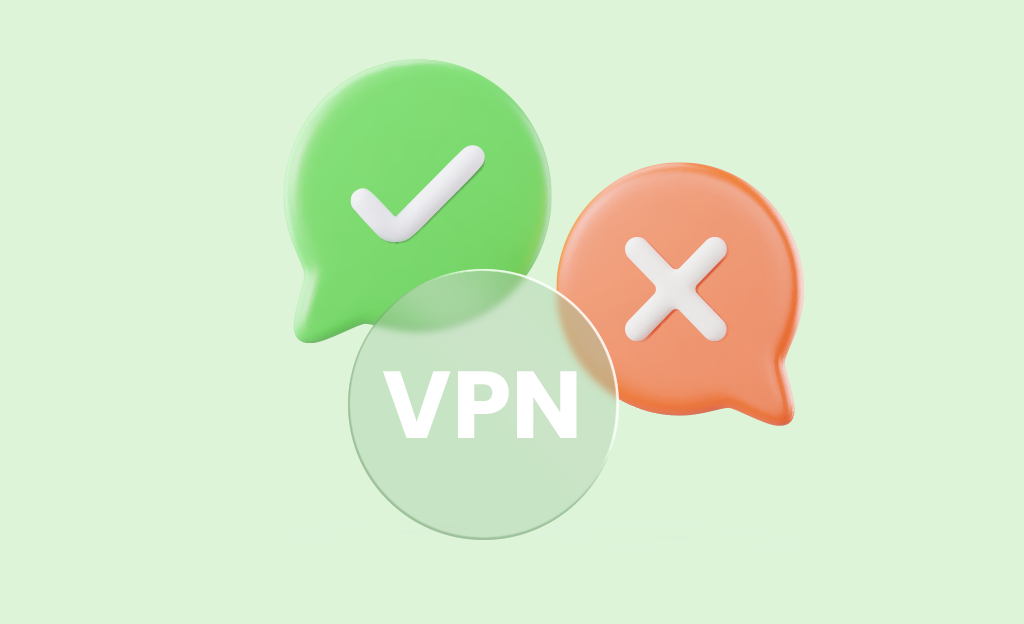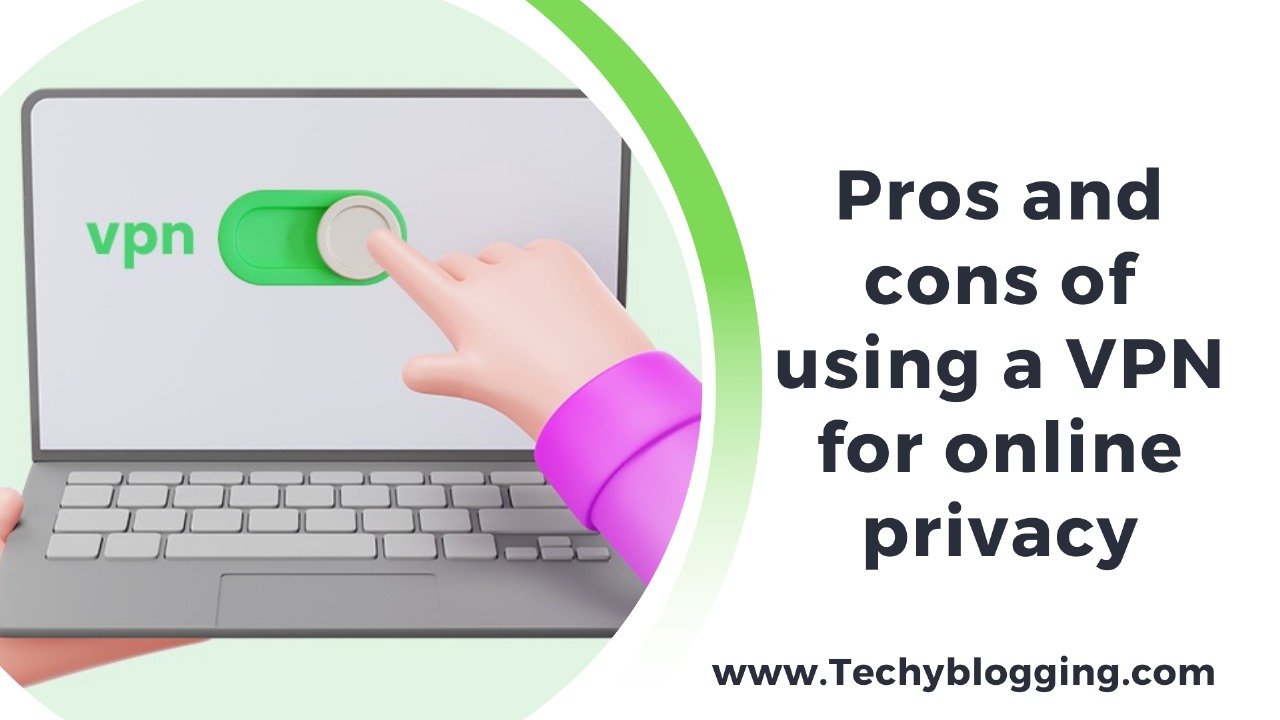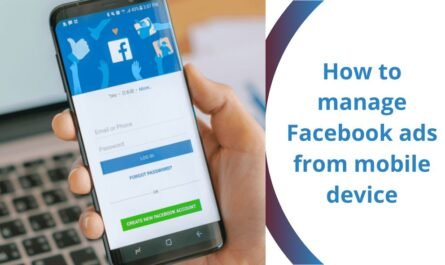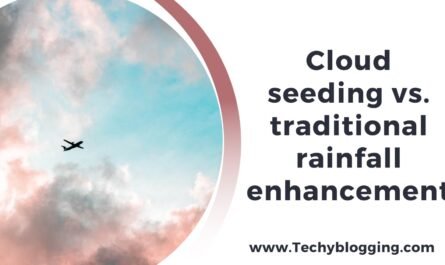In a time when the importance of digital privacy has increased than ever before, more users turn towards Virtual Private Networks (VPNs) to safeguard their online activity. The use of a VPN could bring additional layers of protection, but as all technologies, they come with its own advantages and drawbacks. This article outlines the advantages and cons with the VPN to protect your online privacy and will help you to take an informed choice about which one is the excellent choice for you.
What is a VPN?
The Virtual Private Network (VPN) is a program that provides a safe, encrypted connection between your device and internet. With VPN, you are able to use VPN the internet’s data is sent via a server that is private, that hides the IP address of your device and also secures your information. This is a challenge for third-party organizations like advertisers, hackers, and the Internet Service Provider (ISP) in order to trace your internet activities.
Pros of Using a VPN for Online Privacy

1. Enhanced Privacy and Anonymity
One of the most significant advantages of with the VPN is the amount of security it gives. In hiding your actual IP address, and also encrypting web connection, a VPN can help keep your information private and secures your browsing history from being view by anyone.
- Overcoming geo-restrictions The VPN lets users to appear like you’re browsing from another location. This can be useful when accessing material that is regionally restrict or restricted.
- Refraining from the tracking VPNs are a great way to keep advertisers, websites as well as your internet service provider from analyzing your online activities giving you more privacy, and more targeted advertisements.
2. Improved Security
VPNs offer a reliable method to shield your information from hackers, specifically in the case of with wireless networks in public. No matter if you’re in the coffee shop or at the airport, Wi-Fi networks are often insecure which makes it a potential to target for hackers. VPNs VPN protects your data by encrypting it, guaranteeing that even if someone is attempting to access your data it won’t be able read the information.
- encryption The majority of VPNs employ strong encryption techniques like AES-256 in order to safeguard your data from spies and surveillance.
- Security against malware Certain VPNs provide more security options, such as blocking ads and malware to favor a full security layer.
3. Access to Restricted substance
Numerous internet-based services, like streaming platforms, limit access to specific material according to your geographic area. As an example, Netflix offers different material collections based upon where you reside. Through VPN, for instance, you can use a VPN it is possible to change your geographical location, and obtain access to material in different locations by bypassing the geographical limitations.
- streaming and torrenting VPNs are typically utilize to collect access to material that is available on popular platforms like Netflix, Hulu, and BBC iPlayer and to securely torrent files without disclosing your identity.
- To bypass restrictions in some nations with severe laws regarding internet censorship (like China or Iran) VPNs let users connect to blocked websites as well as services, and promotes open access to data.
4. Avoiding Price Discrimination
Do you realize that a few web-based retailers and travel sites offer different prices depending on where you are located? If you have an VPN it is possible to be able to avoid such price discrimination, by hiding your true location. As an example, you could get cheaper flights or better bargains on internet shopping by connecting an internet server located in a location that has lower prices.
Cons of Using a VPN for Online Privacy
1. Potential Slowdowns in Internet Speed
One of the more obvious negatives to together VPN VPN is the possible impact on the speed of your Internet. Since your information is transmitte via the VPN server, it is encrypted and it could take longer for it to arrive at its destination. This could result in lower streaming, browsing and downloading speed.
- Distance from server Distance to server: The further away you are away from the VPN server the greater chance it is that the speed of your connection will be impacted.
- VPN server loads When the VPN server is overwhelme by customers, this could cause lower speed.
2. Not Foolproof for Complete Anonymity
Although the use of a VPN provides significant benefits to privacy but it’s no assurance of total privacy. VPN service providers can record your activities, which could mean that in the event they’re required to be subpoenaed, or forced by authorities, your internet activities might be revealed.
- The importance of relying on your VPN provider: You must select a reputable VPN service that has an uncompromising no-logs policy. There is always the chance that data could be expose, either by hacking or due to legally-impose pressure.
- DNS leaks and IP leaks Certain VPNs could contain flaws that can cause “leaks” in your connection which reveal your IP address, or even browsing history. Make sure to check your VPN for vulnerabilities like these.
3. Legal and Policy Issues in Some Countries
In some regions, together a VPN is prohibite or severely restricted. Examples include countries such as China, Russia, and the United Arab Emirates (UAE) are governed by laws that restrict or prohibit VPN use. Within these areas, with the VPN can lead to penalties, jail time as well as other legal repercussions.
- Surveillance by the government A few authoritarian systems, together a VPN could draw the attention of authorities, as it could be seen as an endeavor to circumvent laws governing censorship.
- Limitations on service Certain sites or services prohibit traffic coming from identified VPN IP addresses. As a result, that you might not be able to access these sites when connected to the VPN.
4. Cost of Premium VPN Services
There are a variety of some free VPN choices, a lot have limitations like lower speeds, smaller servers, or even questionable privacy policies. Quality VPN providers, with higher speeds, more secure encryption and other security features, typically have a cost for subscriptions.
- The risks of together a free VPN Some VPNs that are free could sell your personal information to advertisers, or use weaker security protocols. In addition, they are often bundle with bandwidth limits and intrusive ads.
- Pay-per-use VPNs Premium VPNs vary from $5 and $15 each month that could be an obstacle to some customers, particularly people who are looking for long-term security options.
Conclusion: Is a VPN Right for You?
A VPN is a great way to increase your privacy online and protect you from security and security, ensuring you are protect from cybercriminals, surveillance as well as data tracking. Also, it gives you the capability to bypass geographical restrictions and censorship to give you more freedom online. There are however tradeoffs with regards to slowdowns in speed, the possibility of leaks and data security, as well as the legal consequences in some regions.
Prior to deciding on for a VPN you must evaluate the advantages and disadvantages in terms of particular demands. If security and privacy are top priorities and you’re willing invest in a dependable service, then a VPN could be worth the investment. But if you’re looking to find a simple, no-cost alternative, it’s best be aware of the drawbacks and potential risks associated with the free VPN choices.
To sum up, together a VPN is an effective tool in today’s modern age of technology, however it must be an integral part of a wider plan to protect your privacy online that could include secure passwords, two factor authentication and awareness of any potential dangers.




